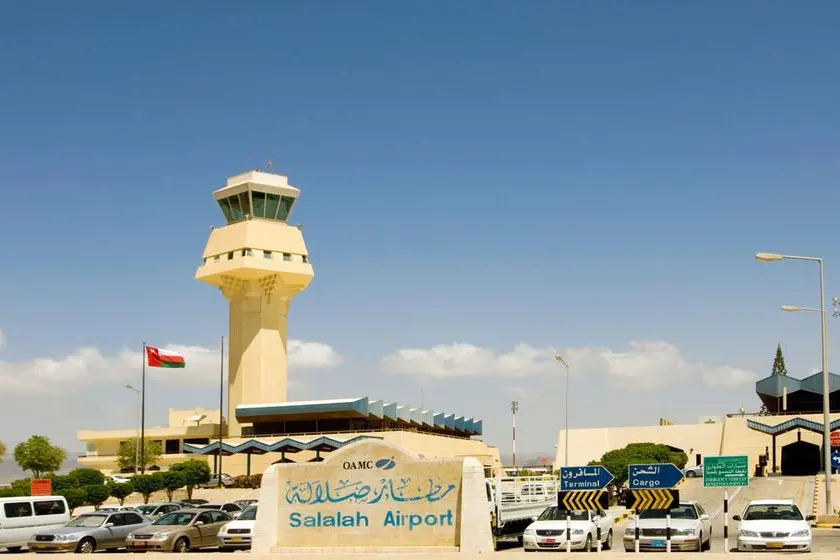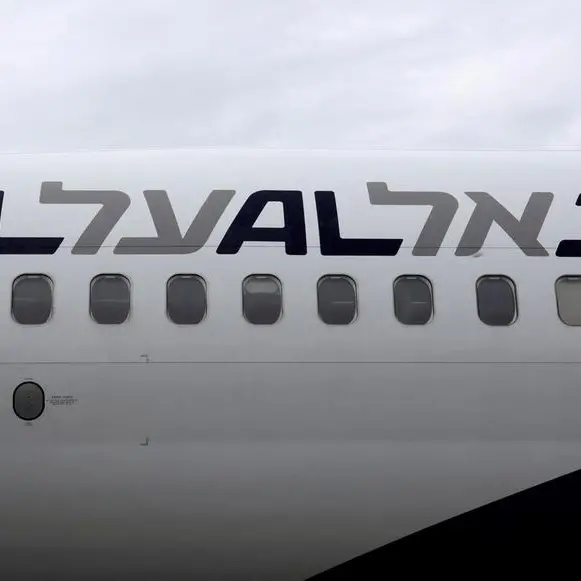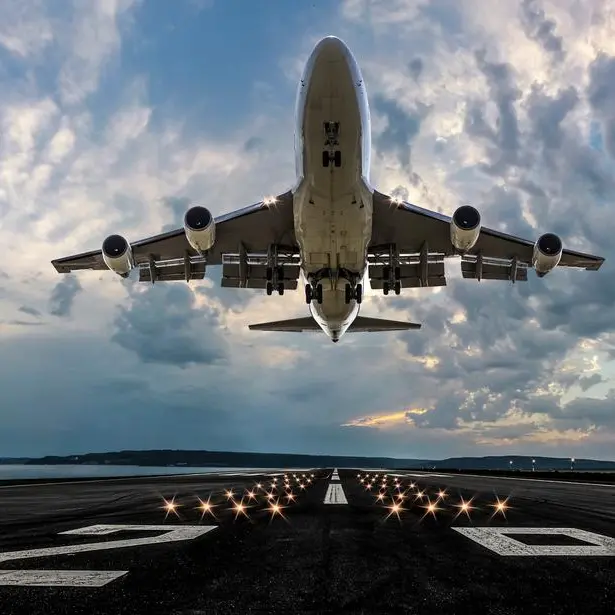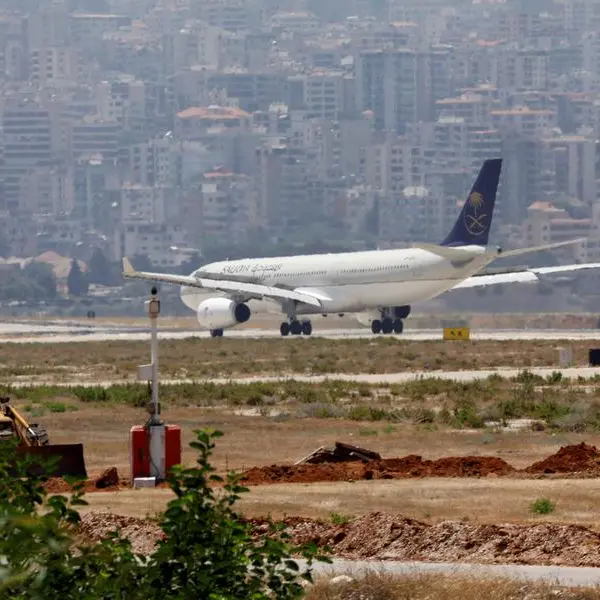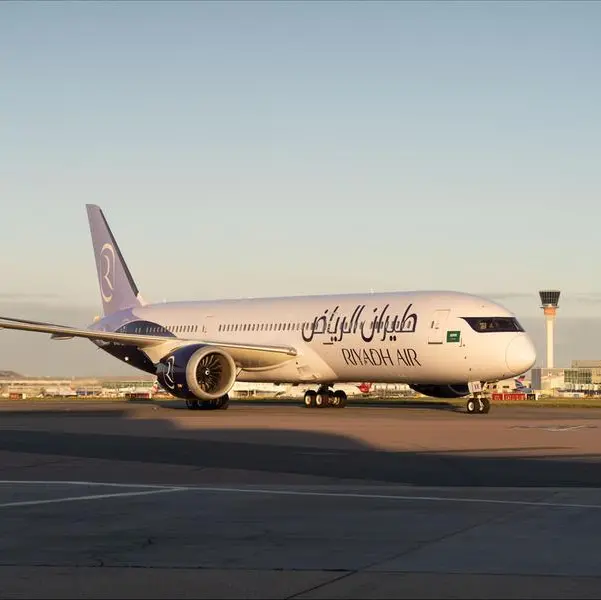PHOTO
MUSCAT: Aviation services providers operating in the Sultanate of Oman are now mandated to manage their carbon emissions following new national regulations issued recently by the Civil Aviation Authority (CAA) implementing the provisions of the CORSIA programme.
Short for the Carbon Offsetting and Reduction Scheme for International Aviation, the programme is essentially a global carbon offsetting scheme requiring airlines and other aircraft operators to offset any increase in their CO2 emissions above 85 per cent of their 2019 levels. CORSIA is designed to stabilise the aviation industry’s net CO2 emissions while pursuing other options – such as the use of sustainable aviation fuels (SAF), as well as technological, operational and infrastructure options – to further reduce emissions.
Announcing the implementation of the CORSIA programme in a post, the Civil Aviation Authority (CAA) said the new National Regulation “establishes the legal framework defining the responsibilities of aviation operators and the CAA in emissions management”. Based on international standards adopted by the International Civil Aviation Organisation (ICAO), the CORSIA programme seeks to secure the national aviation sector’s contribution to Oman’s goal to become carbon neutral by 2050.
Implementation of CORSIA measures is envisioned over three stages, divided into two pilot, voluntary phases (2021 – 2023 and 2024 – 2026), and a mandatory phase from 2027. During these initial phases, around 60 per cent of total global aviation-related CO2 emissions are expected to be covered by CORSIA. Coverage is anticipated to rise to 85 per cent when large economies are brought under the remit of the programme, starting in 2027.
In volume terms, CORSIA offsetting measures will contribute to the stabilisation of net CO2 emissions from international aviation at 550 – 600 million tonnes of CO2 annually between 2024 and 2035. During this period, an estimated 1.3 – 1.7 billion tonnes of CO2 emission reductions are anticipated to be achieved, according to IATA projections. These reductions are roughly equivalent to 15 – 21 per cent of the aviation sector’s total emissions for this period.
Significantly, a wide array of operators are covered by CORSIA provisions and thus subject to offsetting requirements. The list includes all aircraft operators, from large passenger airlines, cargo airlines, business aviation and even private aviation.
According to Oman’s CAA, national airlines subject to CORSIA provisions must purchase carbon offset units in line with ICAO requirements. They are also required to monitor and report CO2 emissions from their international aviation activities.
2022 © All right reserved for Oman Establishment for Press, Publication and Advertising (OEPPA) Provided by SyndiGate Media Inc. (Syndigate.info).
